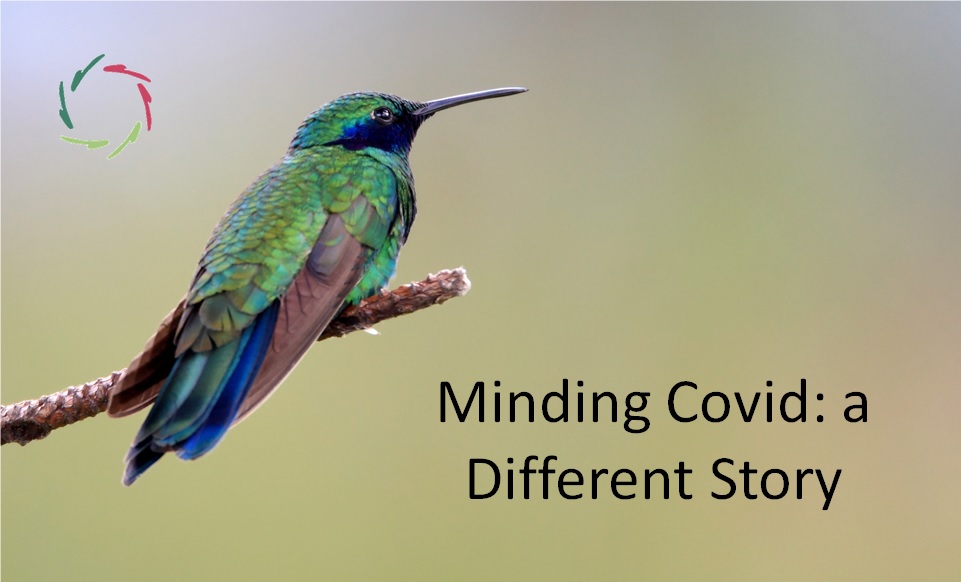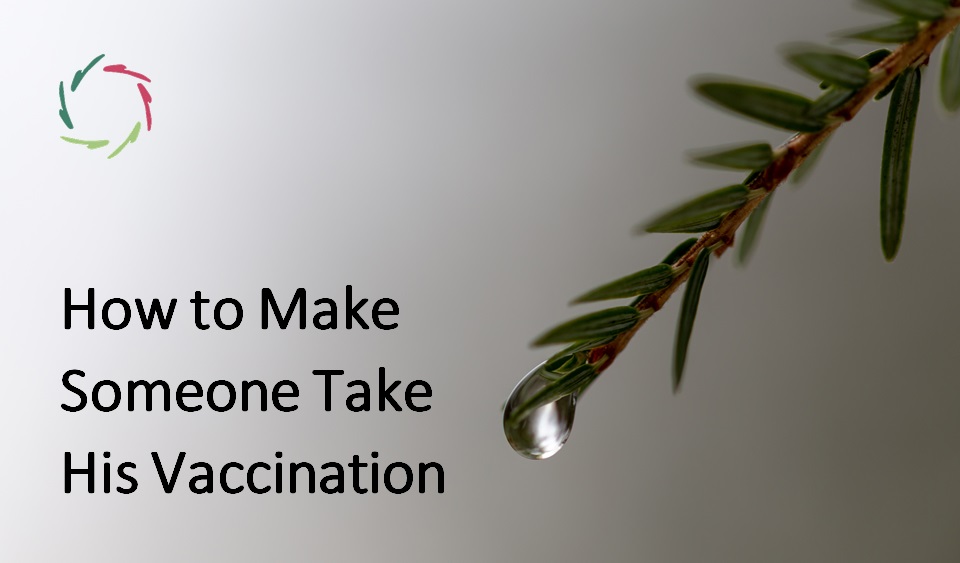16. Postcoronalia – COVID complications

July 4, 2020
| Daily | Total | |
| Cases worldwide | 209.028 | 11.182.576 |
| Deaths worldwide | 5.170 | 528.372 |
Today is the 4th of July
On a rally at Mount Rushmore, with perplexity on four stony presidential faces in the background, the US president couldn’t care less for the people who seem to adore him and take pride in being led to nowhere, ramping up each other, shouting, without face masks nor social distancing. Here is a combination of everything one should not do. This also has repercussions for people worldwide. It concerns everybody.
Meanwhile, a curve from today (www.worldometers.info/coronavirus):
In a few weeks, India will probably – and possibly further on to a huge degree – surpass the US in its number of cases and deaths today but with little economic resilience, no access to proper healthcare for many, and no clarity about post-corona complications. The latter will be immense.
We don’t know very much about postcoronalia yet.
Worldwide, more than six million coronavirus cases have officially ‘recovered’ to date. This number doesn’t show what is meant by ‘recovered.’ We’ve barely started gaining knowledge about what happens to survivors after an episode of severe COVID. What we do know isn’t encouraging. It is suspected that in the US alone as well as in Europe hundreds of thousands of people will have long-lasting symptoms after having escaped death. These symptoms may linger for months or years or even a lifetime. There will be a substantial cost at the personal level, on the healthcare system, and the economy through presenteeism (being at work but not performing at full capacity), absenteeism, and work incapacity.
Statistics focus on cases of infection and death toll. Meanwhile, little attention goes to the aftermath concerning the health of survivors. I guess this is because the news, as a mechanism, acts unidirectionally. Diversification within a single domain dilutes the message and diminishes bait. Sorry, I’m grumpy.
Long-term symptoms and complications will be increasingly present in the news shortly. We already know that they affect many different body parts: the heart, the lungs, the liver, the brain, the endocrine-metabolic system, articulations. Dozens of articles about all of these are appearing in PubMed, the high-standard database of medical, scientific literature.
Concerning the heart and bloodstream, for instance, known complications include myocardial injury, myocarditis, acute myocardial infarction, heart failure, dysrhythmias, and venous thromboembolic events. [Long et al., 2020] Known neurological complications include headache, dizziness, myalgia, and anosmia, as well as cases of acute cerebrovascular events, encephalitis, Guillain-Barré syndrome, acute necrotizing hemorrhagic encephalopathy, and hemophagocytic lymphohistiocytosis. [Bridwell et al., 2020, Carod-Artal, 2020] Never mind the medicalese. This shows a beginning knowledge and much more to follow in the next months and years. There may also be many mild symptoms that linger without being recognized as related.
As the virus evolves in unforeseen ways, the second wave may bring more aftermath. I guess that in due time, complications will be seen everywhere in the body. Does this mean the virus reaches every part of the body? Maybe. The immune/inflammatory system does so in its overreaction, perhaps even where no viruses are present. Also, blood clotting plays a significant role, also affecting many organs.
Complications concerning the mind
After COVID-19, patients tend to have lingering symptoms of fatigue, as also happens after other viral infections. COVID-19 seems to provoke this to a higher degree and over a more extended period. Also prominent is a recurring presence of altered mental states, for example, a delusion of dying or being dead, as described from personal experience by Paul Garner, professor of infectious diseases at the Liverpool School of Tropical Medicine [BMJ, May 2020] This is especially prevalent when patients have had psychotic delirium during the acute phase. Apparently, many of these shy away from talking about it lest they be regarded as crazy, which also makes it a lonely condition.
There will probably be many cases of chronic fatigue starting right after or a while after COVID-19. The old question will turn up whether it is psychological or physical. Well, in a paradigm of body-mind unity, there is no difference. One may as well drop the battle between the two camps. The more interesting question is how to manage it. If psychological means can help in the prevention or treatment, then any misguided fighting over the distinction mainly detracts personally and at a society-level.
We can expect many survivors with PTSD (post-traumatic stress). The loneliness of many at the brink of death is unprecedented. This is even unlike wartime in which most of the dying happens at least in a sphere of togetherness. Personally, my choice regarding dying in one of both situations would be made quickly. Nevertheless, we may learn from after-war PTSD that this may appear after some time, even years after the facts. We may also learn from war-related PTSD that its management is far from evident.
Seeing PTSD as a distinct entity, there will also be more depression, phobias, OCD, etc. in survivors and relatives.
After years
It is to be expected that new physical complications will appear after many years. Time will tell, but chances are more substantial for this viral disease because of the severity of immune deregulation. This will – probably – heighten the proneness to autoimmune disorders, such as multiple sclerosis and rheumatoid arthritis. Note that the mind also plays a role in the occurrence of these.
So much more important is taking care of the mind
Properly taking the mind into account may diminish the death toll and, at the same time, the negative health consequences. Eventually, one may rightfully ask which is more important. What strikes me is that some survivors say one might as well be dead. Such utterances are not to be discarded.
According to the premise of this book, the mind is involved already from an early stage. Thus, the relief of possible complications can also start early on. One doesn’t need to wait for a severe stage of illness.
What we don’t know
We don’t know whether a patient can be reinfected after 6 – 12 months and whether the symptoms in such cases will be less pronounced or even more. Remember that after being vaccinated for SARS-CoV, laboratory mice showed a pulmonary inflammatory overreaction when brought into contact with the living virus. [Tseng et al., 2012]
Also, people who are reinfected may have scarred lungs, heart, etc. which can make them more vulnerable. It’s like being hit by the same hammer twice. Of course, these are possibilities, not certainties.
Virome
The set of commensal viruses is called the human virome, and is probably rich and diverse, although not yet very well studied because of difficulties in detecting viruses in the background of the abundant human genome, generally requiring additional manipulations. [Moore et al., 2017] Such viruses can be our guests for a long time and be prevalent, mostly causing no harm. Sometimes, they cause cancer after many years or in specific circumstances, such as immunosuppression.
The new coronavirus can become part of the virome. In that case, unfortunately, for it to become a non-dangerous element, many people will need to die, even years from now if no super-vaccine is developed.
The virome also shows that, in principle, viruses can be present in low numbers, escape testing (arguably), and co-start a whirlpool in specific circumstances such as seasonal and stress. This would mean that during the summer, many people can become ‘test-negative carriers’ with viruses present just like any other commensal. This may be happening during the summer of 2020 in Europe on a massive scale.
There is no certainty in this, but I’m completely baffled by the risk being taken.
References
[Bridwell et al., 2020] Bridwell R, Long B, Gottlieb M. Neurologic complications of COVID-19. Am J Emerg Med. 2020;38(7):1549.e3-1549.e7. doi:10.1016/j.ajem.2020.05.024
[Carod-Artal, 2020] Carod-Artal FJ. Neurological complications of coronavirus and COVID-19. Complicaciones neurológicas por coronavirus y COVID-19. Rev Neurol. 2020;70(9):311-322. doi:10.33588/rn.7009.2020179
[Long et al., 2020] Long B, Brady WJ, Koyfman A, Gottlieb M. Cardiovascular complications in COVID-19. Am J Emerg Med. 2020;38(7):1504-1507. doi:10.1016/j.ajem.2020.04.048
[Moore et al., 2017] Moore PS, Chang Y. Common Commensal Cancer Viruses. PLoS Pathog. 2017;13(1):e1006078. Published 2017 Jan 19. doi:10.1371/journal.ppat.1006078.
[Tseng et al., 2012] Tseng CT, Sbrana E, Iwata-Yoshikawa N, et al. Immunization with SARS coronavirus vaccines leads to pulmonary immunopathology on challenge with the SARS virus [published correction appears in PLoS One. 2012;7(8). doi:10.1371/annotation/2965cfae-b77d-4014-8b7b-236e01a35492]. PLoS One. 2012;7(4):e35421. doi:10.1371/journal.pone.0035421


